
Editing Emergence
towards a generative maintenance practice
Just as the creation of a garden is not immediate, only coming into full existence through gardening, the landscape medium is equally constructed through maintenance. To explore and demonstrate this premise, Editing Emergence studied how mowing could spatially, ecologically and materially diversify a site while simultaneously reducing overall maintenance. As part of Michael’s graduate thesis, a year-long field experiment was conducted on a 3-acre fallow site at UVA’s Morven Farm to study the effects of “Shadow Mowing.” By maintaining the shaded areas at a high mow height (3-6”), the diversity and accessibility of this zone was maintained while allowing the sunny meadow to diversify with warm-season grasses and forbs. A diversified mowing regime is also likely to increase field invertebrate populations. This adaptive management creates a zone of continual access, guiding movement through the site along the ecotone — a “middle landscape” between the forest and the meadow, the human and the nonhuman.
Geffel, M., “From Landscaping To Infrastructure: The Scope And Agency Of Maintenance,” Scenario Journal 03: Rethinking Infrastructure, University of Pennsylvania Weitzman School of Design, 2013
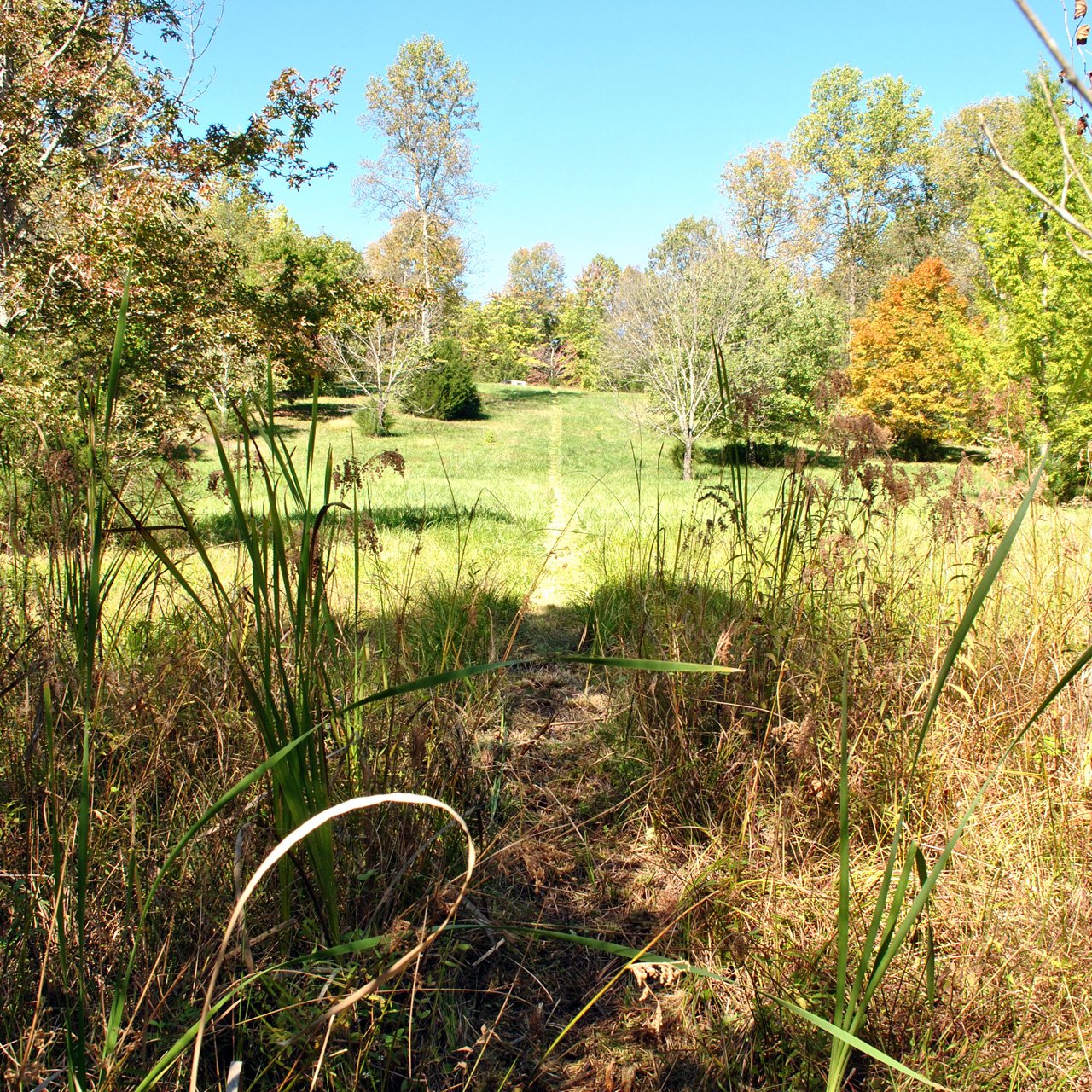

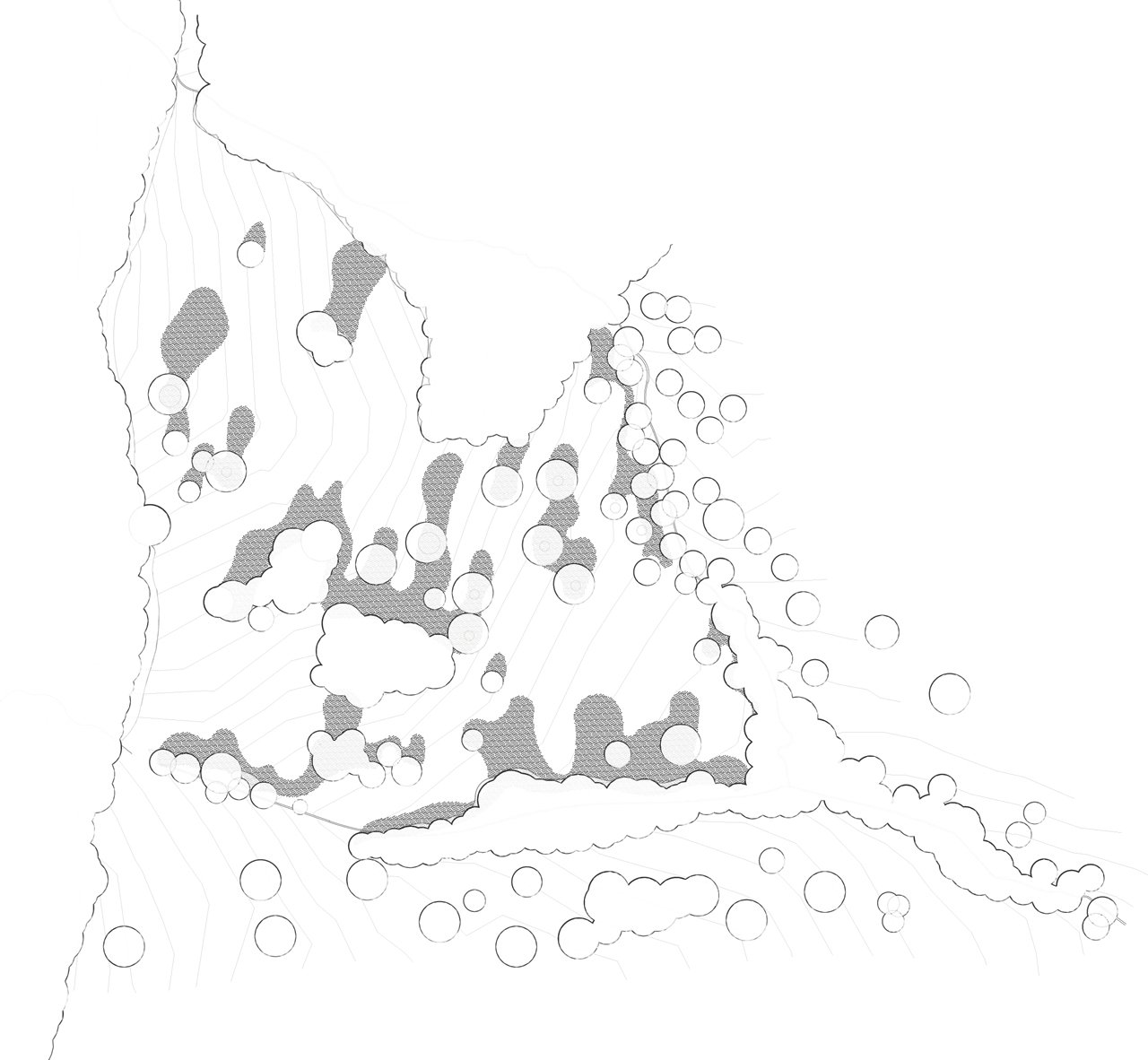



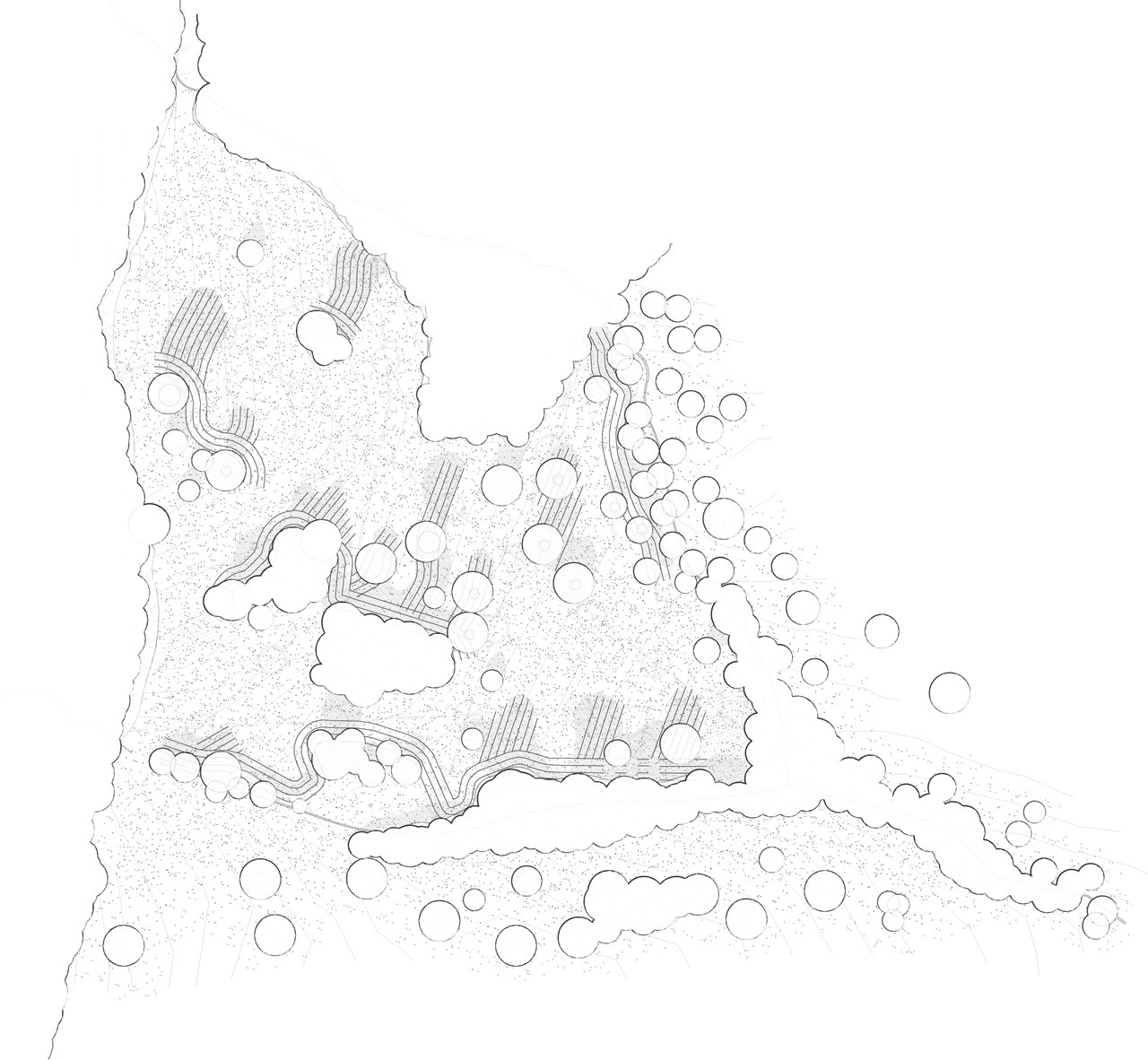
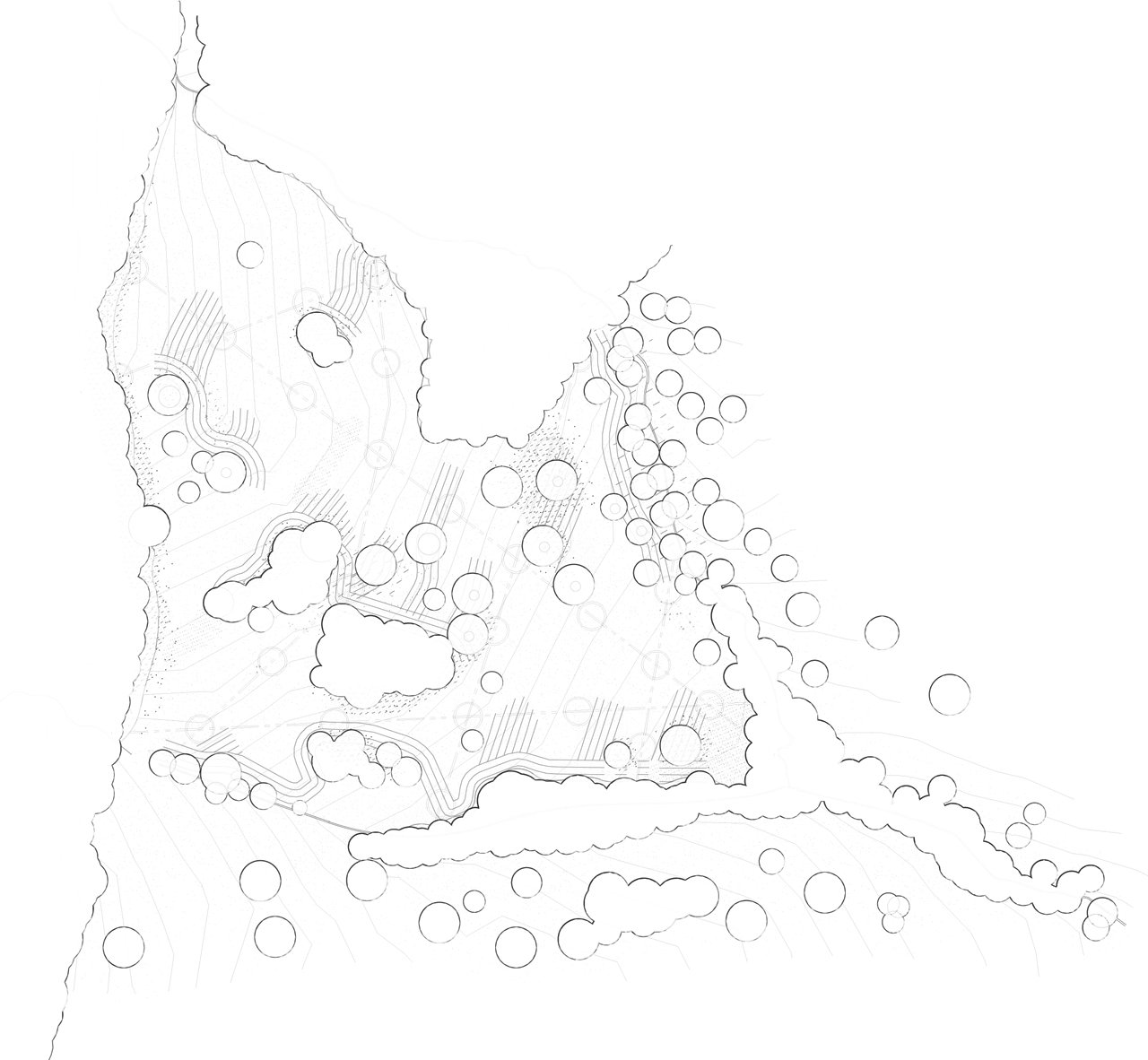


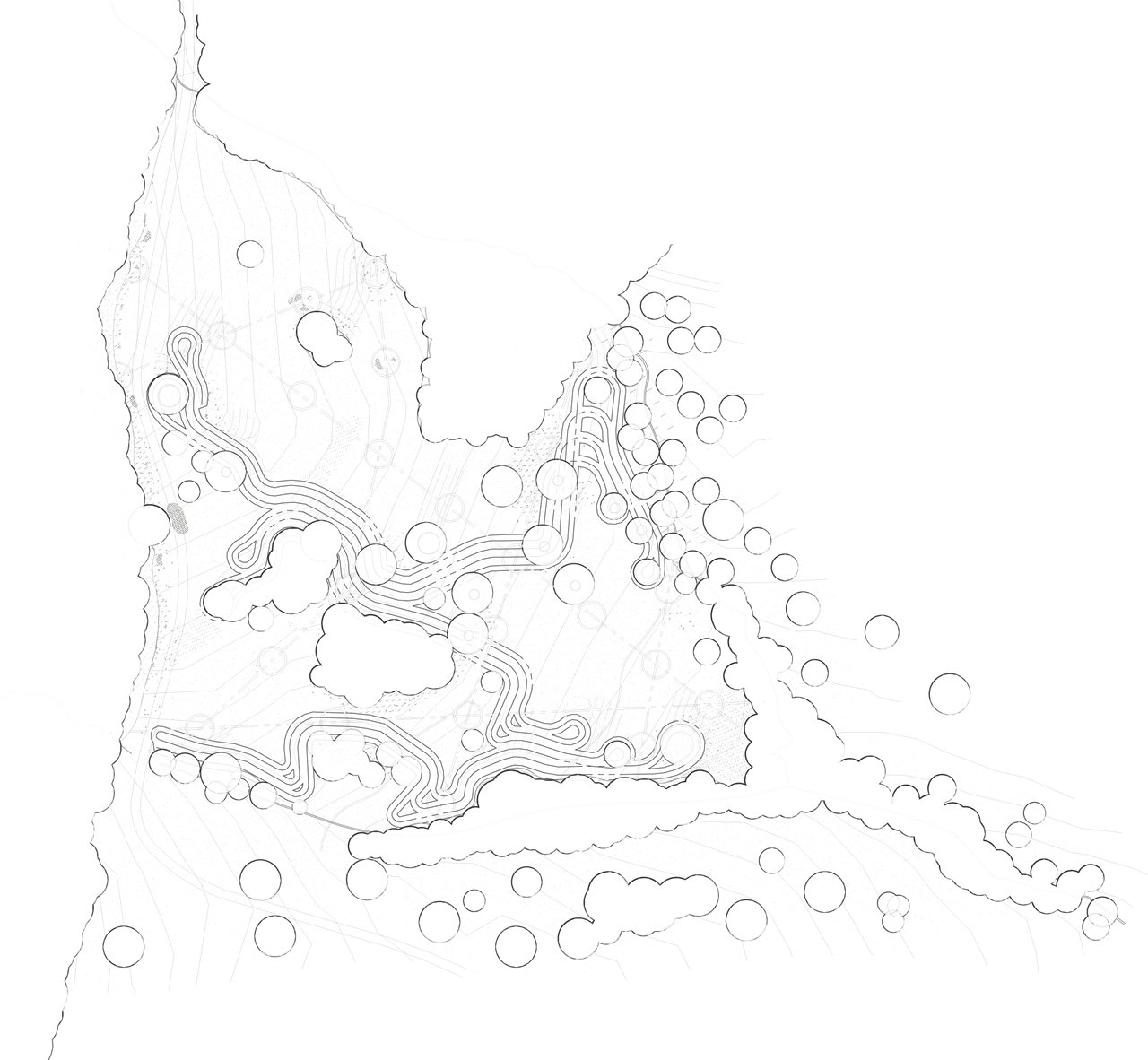
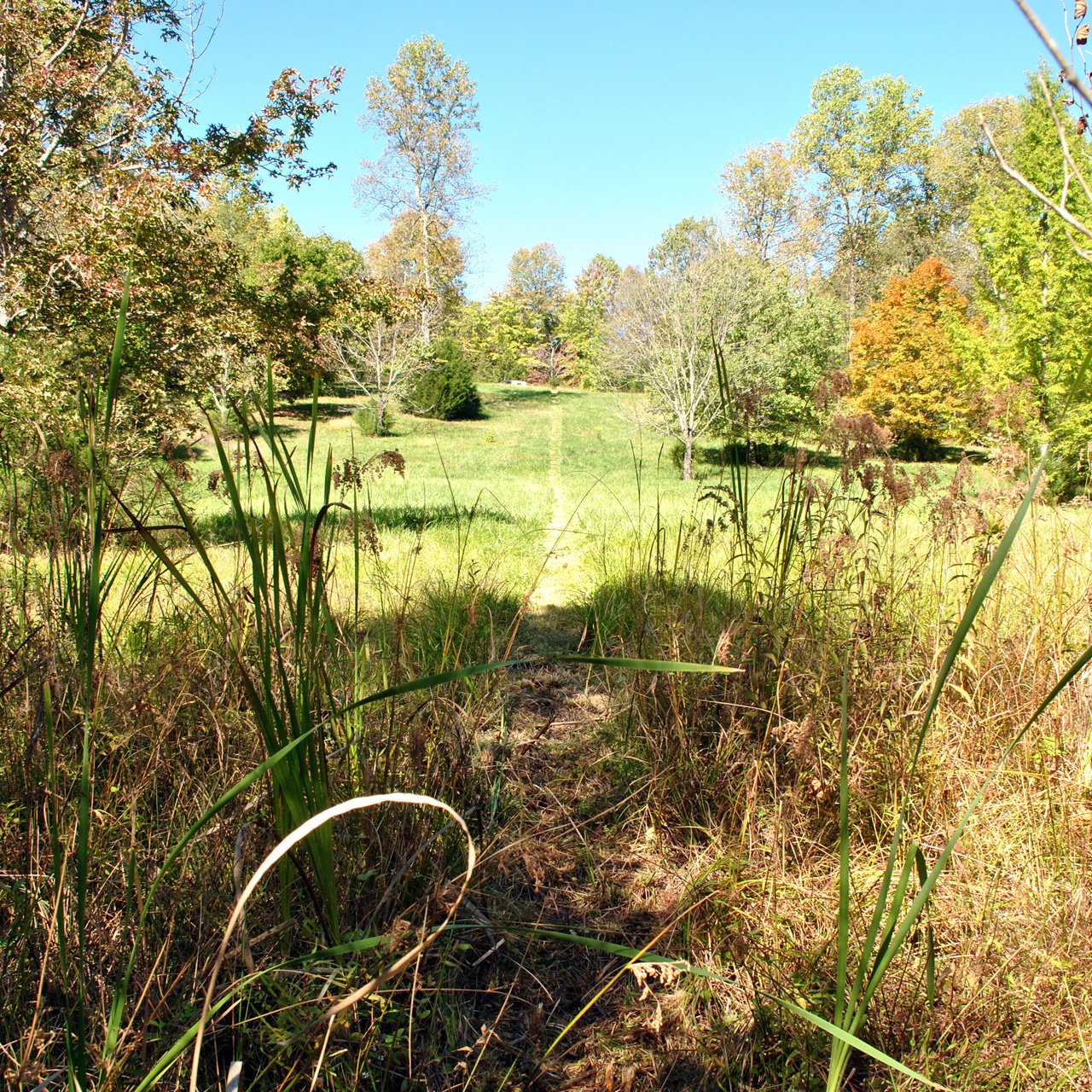


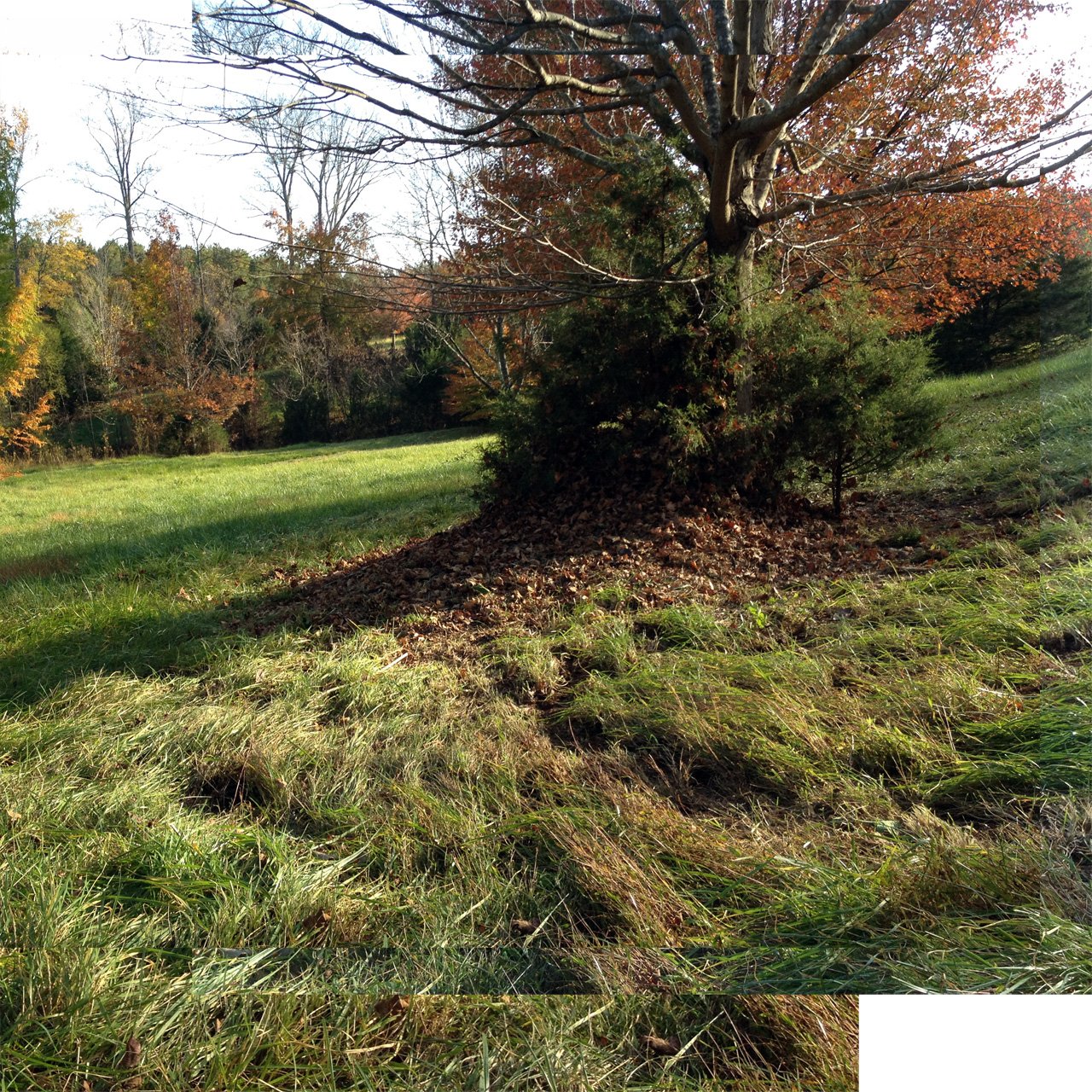
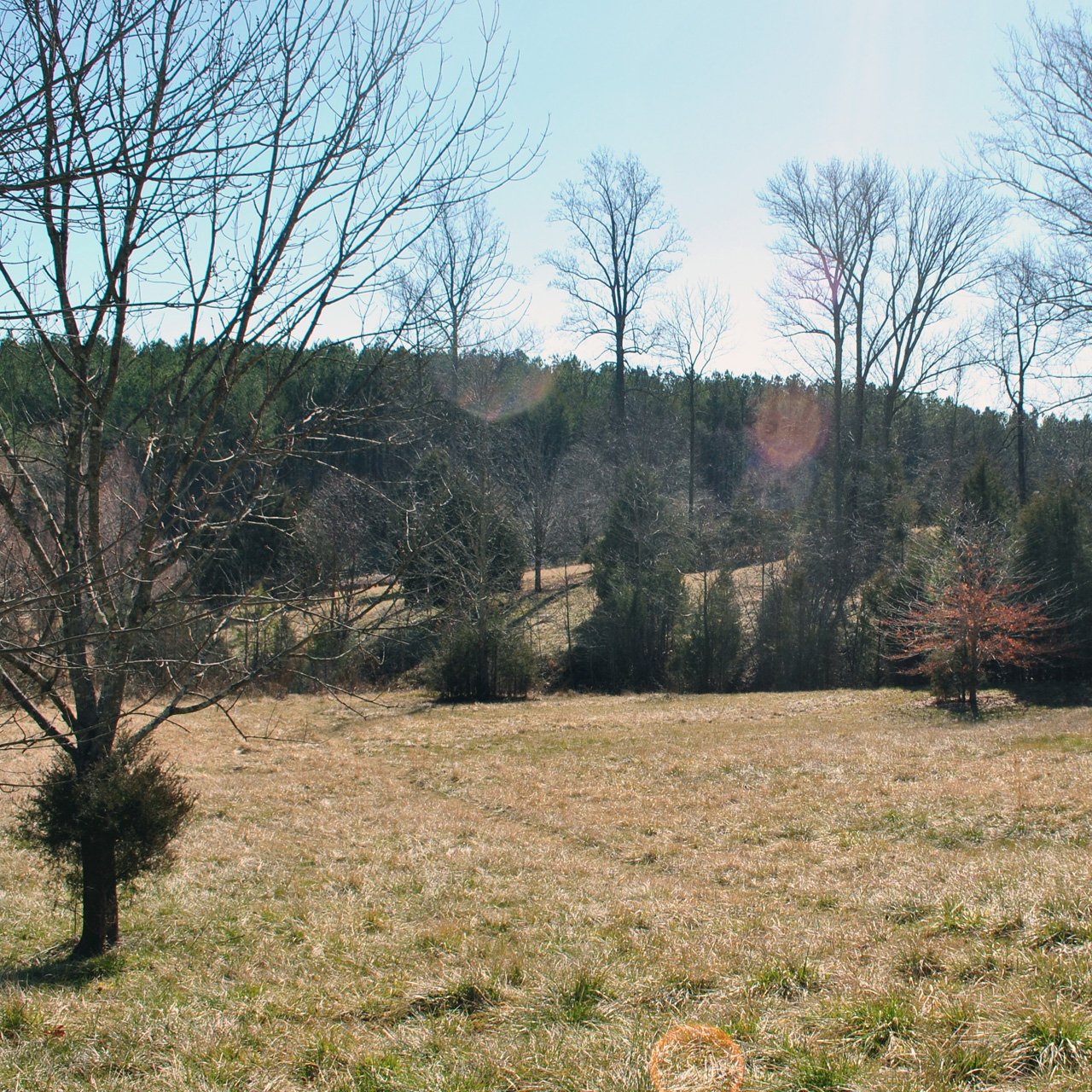

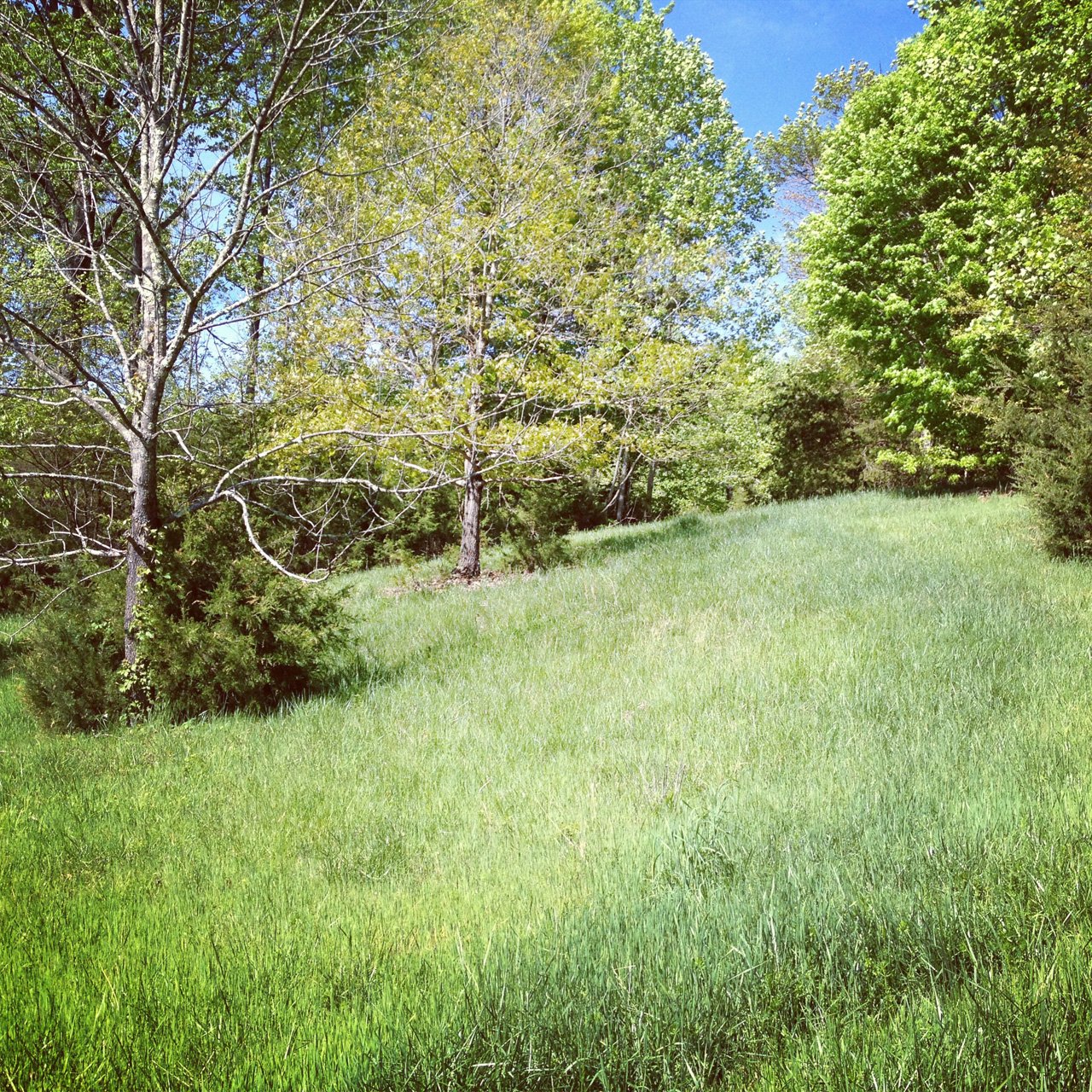
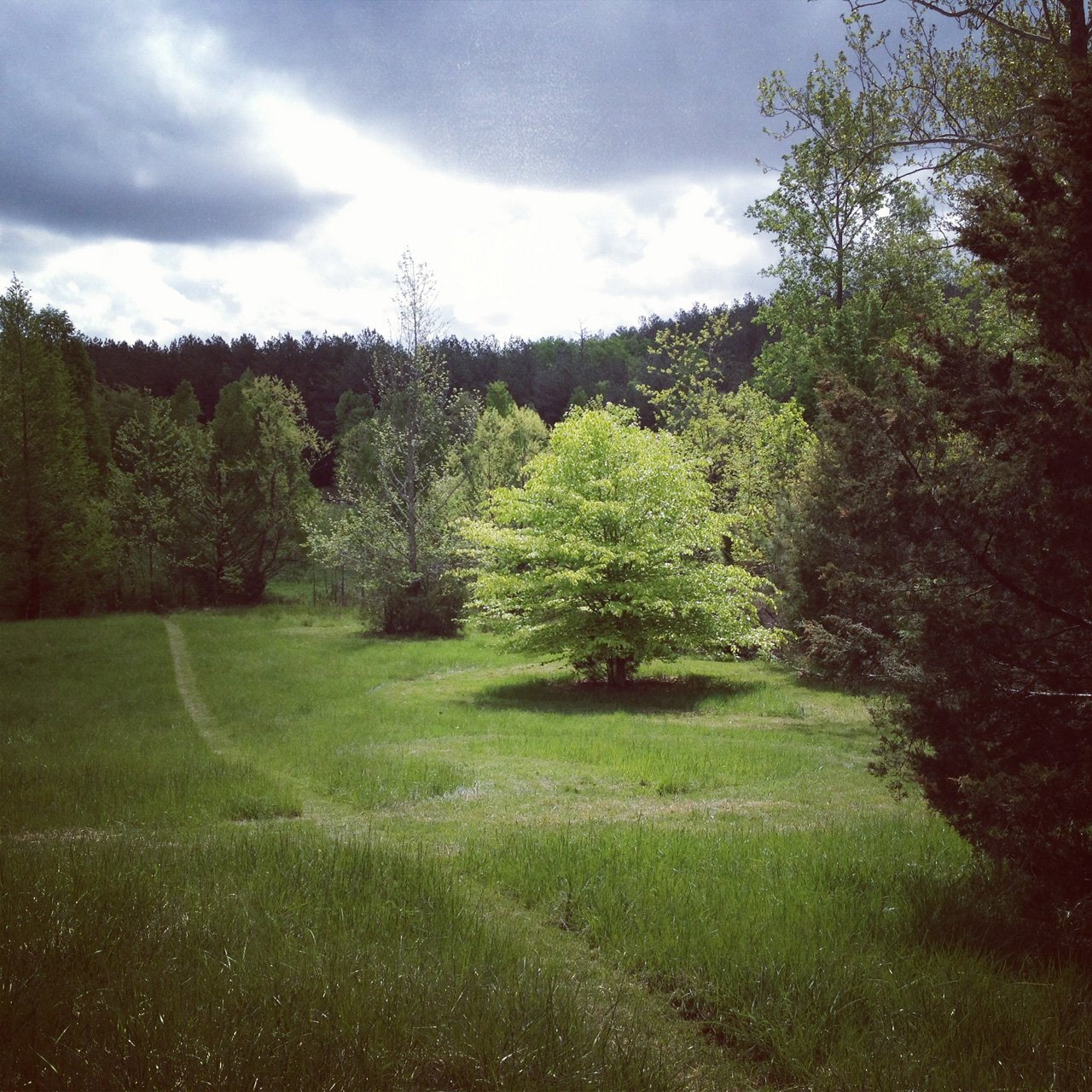
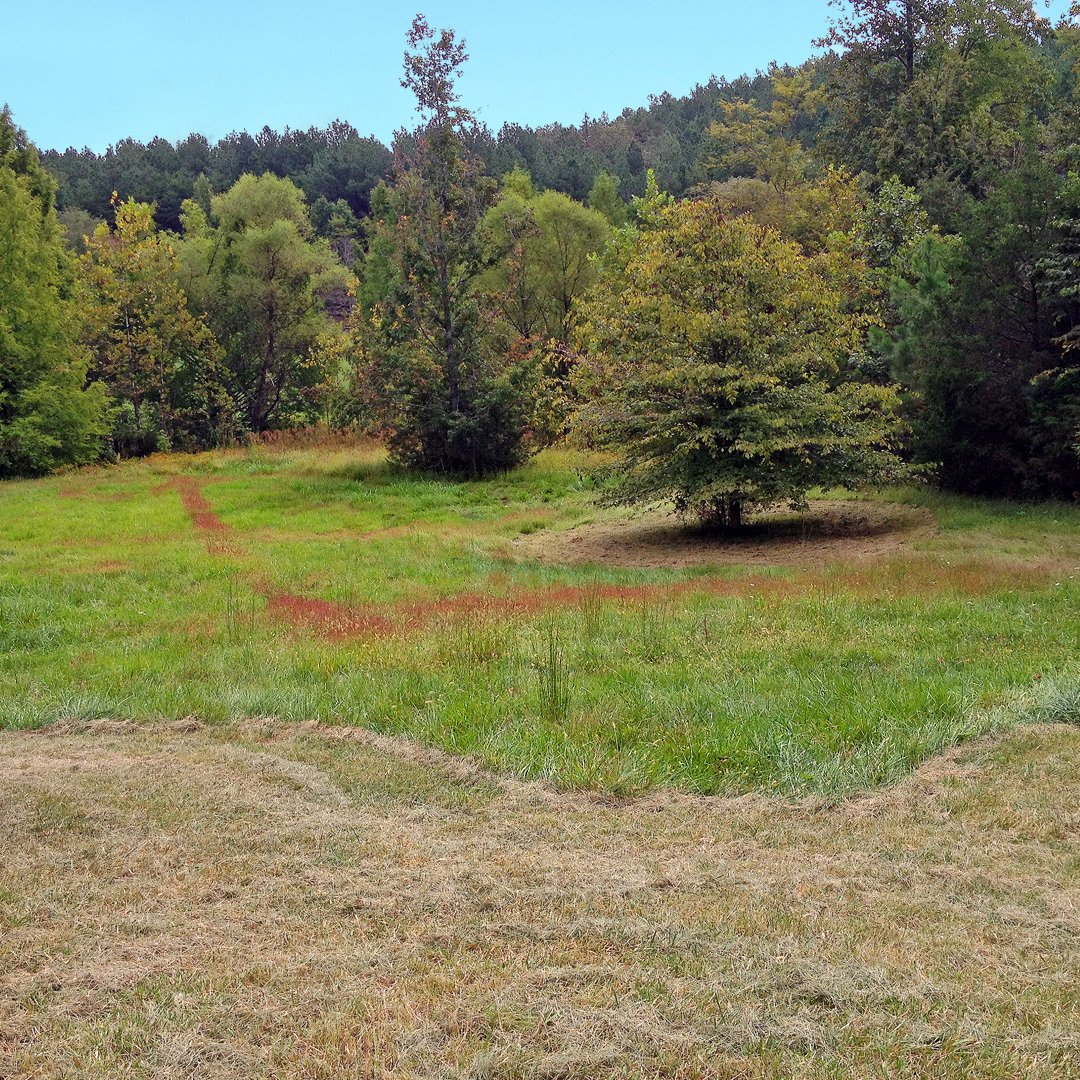




Masters of Landscape Architecture | University of Virginia | SARC Foundation Fellow 2010-13
Thesis | Editing Emergence: Towards a Generative Maintenance Practice
Advisors | Teresa Gali-Izard, Brian Osborn